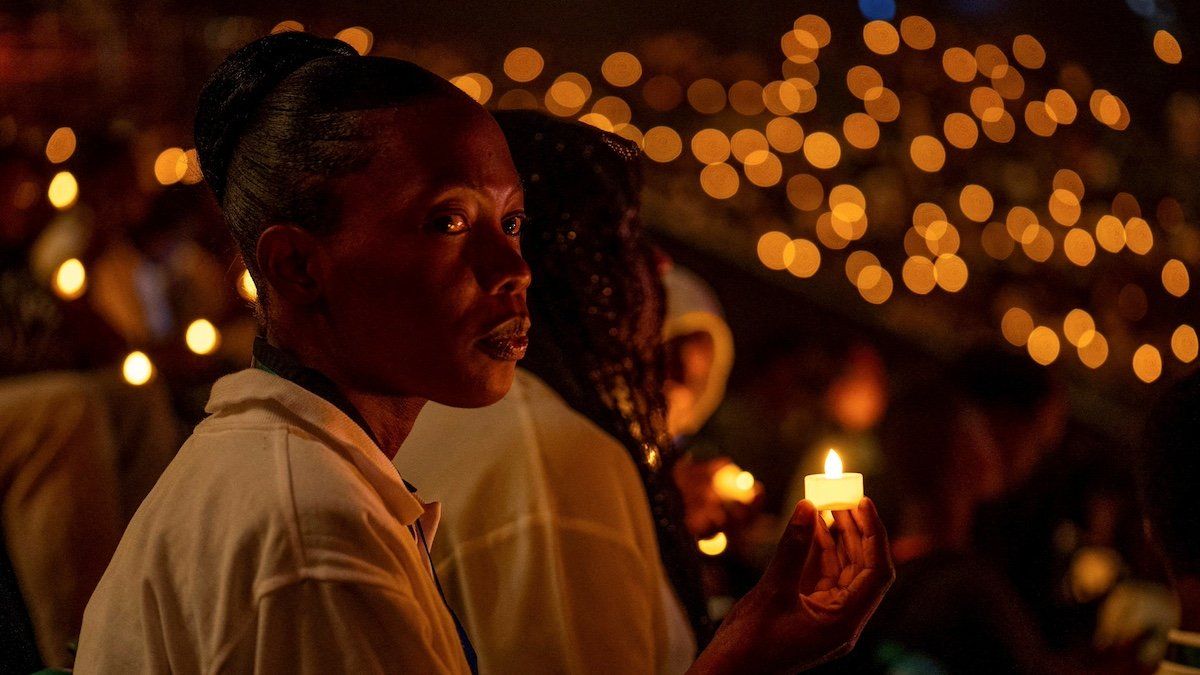30 years since Rwanda’s genocide, ethnic violence continues to plague Central Africa
Rwandan President Paul Kagame led a memorial ceremony on Sunday to mark the 30th anniversary of the genocide that killed more than a million people. Rwanda’s Hutu and Tutsi ethnic groups are no longer in open conflict in the country, but the legacy of the 100 days of slaughter that began on April 7, 1994, carries on in a conflict in the neighboring Democratic Republic of Congo.
The background: Conflict between Rwanda’s major ethnic groups dates back to the colonial period, when German and Belgian authorities privileged ethnic Tutsis over Hutus for choice jobs and social status. Hutus dominated government after achieving independence in 1962, leading to a long-running war meant to end with a power-sharing agreement in 1993.
However, the day after Hutu President Juvenal Habyarimana’s plane was shot down on April 6, 1994, Hutu extremists launched a long-planned assault against ethnic Tutsis and moderate Hutus. Over the next 100 days, over a million people were butchered in the violence before an ethnic Tutsi militia, the Rwanda Patriotic Front, invaded and overthrew the genocidaires. The Tutsi victory pushed over two million Hutu civilians into exile in neighboring countries.
The present: One of those neighboring countries was the Democratic Republic of Congo (also home to an indigenous Hutu population). Rwandan Tutsi-led forces invaded their gargantuan neighbor twice to chase down alleged genocidaires between 1994 and 2003.
Now, Rwanda backs the Tutsi-led M23 militia in the DRC, which Kigali allegedly uses to extract valuable mineral resources. Rwanda, in turn, accuses Kinshasa of backing the Hutu-led Democratic Forces for the Liberation of Rwanda, which seeks to overthrow Kagame. Civilians in the DRC are forced to bear the brunt of it: 250,000 civilians have been displaced in the last month as M23 presses toward the key city of Goma.